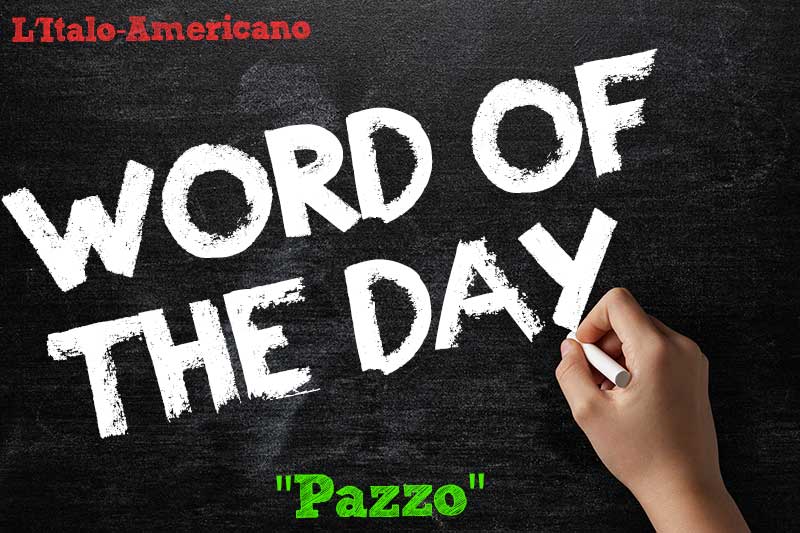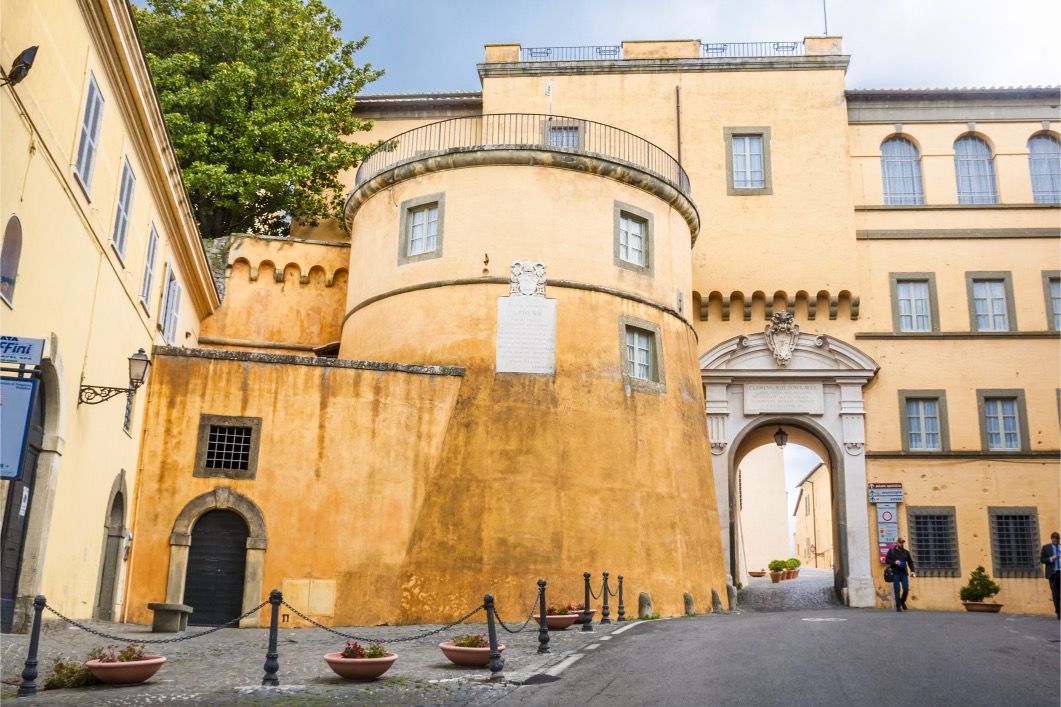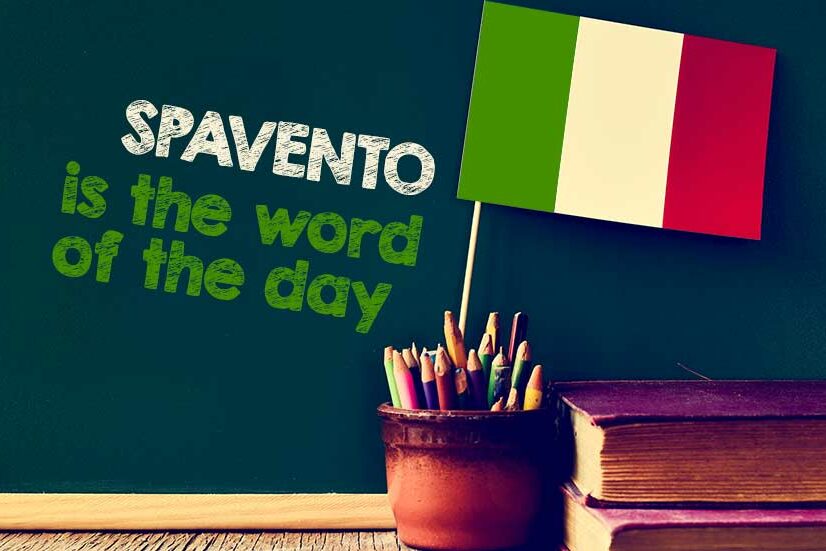Pazzo (pah-tsoh) means crazy, and you’d be crazy to think it’s not a popular word.
It comes from the word pazzia, a noun as poetic as it is unsettling — in all languages — associated as it is to mental illness, but also the that romanticized idea that used to see genius and madness as siblings.
And so, pazzo is used when you want to tell someone they’re doing something incredibly dumb, or risky, or unexpected: tu sei pazzo! or sei un pazzo! you’d say.
Both are translated in English with “you’re crazy,” of course.
Because Italians are impenitently romantic, we use pazzo also when it comes to love: sono pazzo di te, you’d say to your beloved in a moment of particular emotional transport. That, of course, is the equivalent of the English “I am mad about you.”
On the same line are sono innamorato pazzo (“I am madly in love”), and sono pazzo d’amore per te, which we can translate the same way, really.
Pazzo is often coupled with furioso, a pretty irreverent expression we like to associate to people we consider to be… nuts. Quello è pazzo furioso. Lascialo stare (“he’s totally crazy, leave him alone”).
Last but not least, we Italian love to fare pazzie, that is, to do crazy things. Buying something you shouldn’t is fare una pazzia, but also doing something you always wanted to do, but never had the courage, is referred to the same way.
But remember that fare una pazzia has usually a positive meaning, because it stands for something you’re very happy to have done.

Vuoi comprarlo, ma sei pazza? Hai visto quanto costa?
You want to buy it, are you crazy?! Have you seen the price?
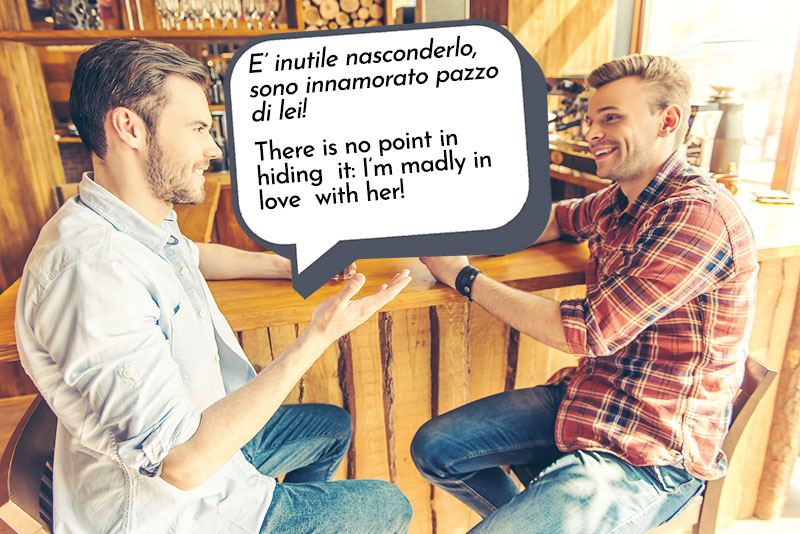
E’ inutile nasconderlo, sono innamorato pazzo di lei!
There is no point in hiding it: I’m madly in love with her!
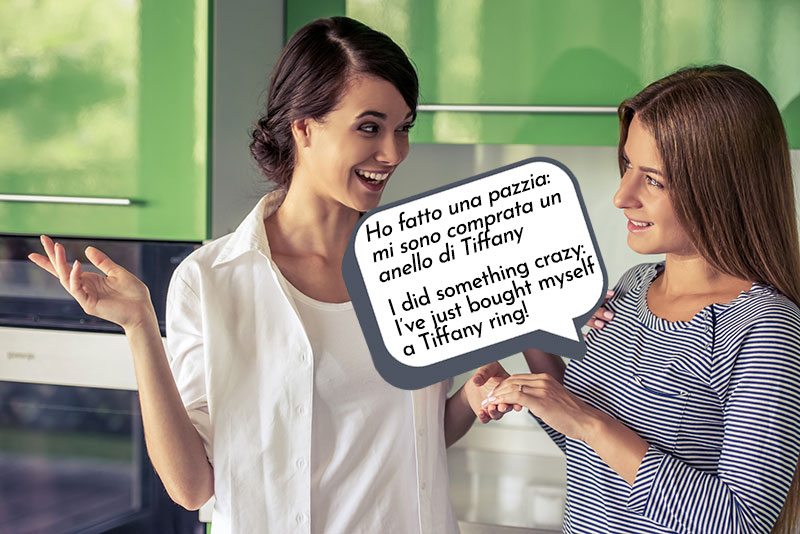
Ho fatto una pazzia: mi sono comprata un anello di Tiffany.
I did something crazy: I’ve just bought myself a Tiffany ring!
